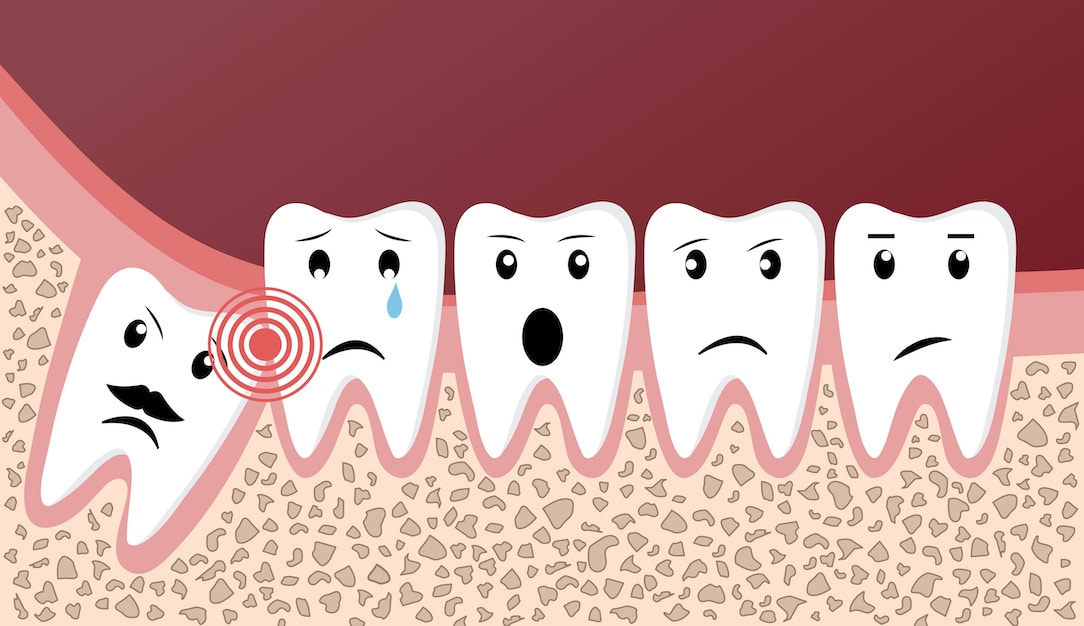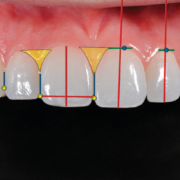Have you ever wondered why some people have wisdom teeth and others don’t? It’s a question that has been asked for centuries, and scientific research and modern dental technology have allowed us to answer it definitively. While the presence of wisdom teeth is a common phenomenon, it is not a universal one. We will explore the facts surrounding them, including why they occur and why some people don’t have them. We will also discuss the potential risks and benefits of them. And how to ensure your oral health is well-maintained regardless of whether or not you have them. Is tooth extraction recommended for molar teeth?
Most people expect their wisdom teeth to emerge at some point during the late teens and early adult years. But while many people have one to four wisdom teeth, some people don’t have any at all. Wisdom teeth are the third set of molars in the back of your mouth.
What are wisdom teeth?
Wisdom teeth are also known as third molars. They are the last teeth to grow in the mouth, typically appearing between the ages of 17 and 25. However, in some cases, people can have them much later in life, even in their 30s or 40s. They are located at the very back of the mouth, behind the other teeth, and near the jaw bone. Molar teeth are often called “third molars” because they come in toward the end of your oral development.

They are located at the very back of the mouth, behind the other teeth, and near the jaw bone. They can be impacted, impacted, or un-erupted. Impacted wisdom teeth remain trapped inside the gum tissue, unerupted wisdom teeth are unable to break through the gum tissue and emerge into the mouth, and impacted wisdom teeth are a combination of the two.
Why do some people have wisdom teeth and some don’t?
We all start with four sets of teeth: two sets of deciduous teeth (baby teeth) and two sets of permanent teeth. The deciduous teeth disappear and are replaced by permanent teeth. The first teeth to appear are the deciduous teeth, and the last to appear are the wisdom teeth. People have deciduous teeth as infants and early toddlers, and permanent teeth after the early teens.
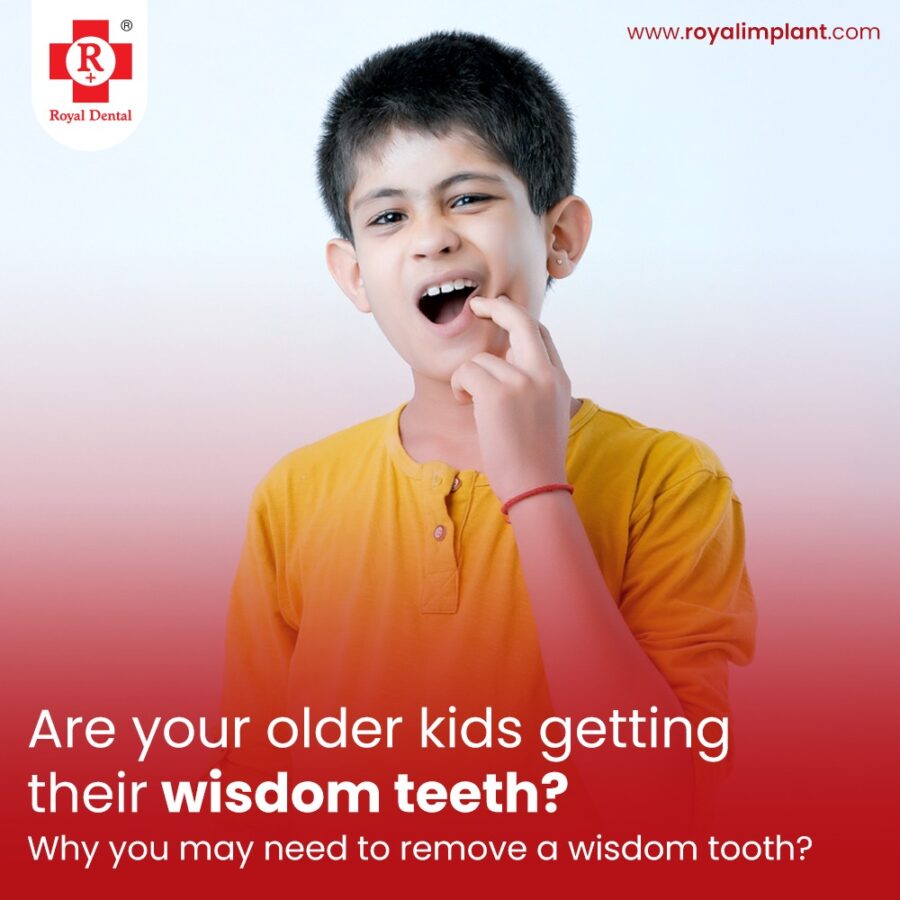
Wisdom teeth are the third molars in the very back of our mouths and don’t always need to be removed so long as they’re healthy, grown in completely, biting correctly, and are able to be cleaned as part of regular hygiene practices.
When deciduous teeth are lost and replaced with permanent teeth, some people don’t have enough room for their wisdom teeth, so the teeth are removed. In other people, they grow normally. Why this happens is not completely understood. There may be a genetic component, but dental and oral habits are also important factors.
Potential risks associated with wisdom teeth
- Resorption – The process of tooth decay and tissue damage, which is often caused by an overproduction of dental plaque.
- Gum disease – A bacterial infection that damages the soft tissue surrounding teeth.
- Periodontal disease – A process in which gums become infected, swell and separate from the teeth, which can ultimately lead to tooth loss.
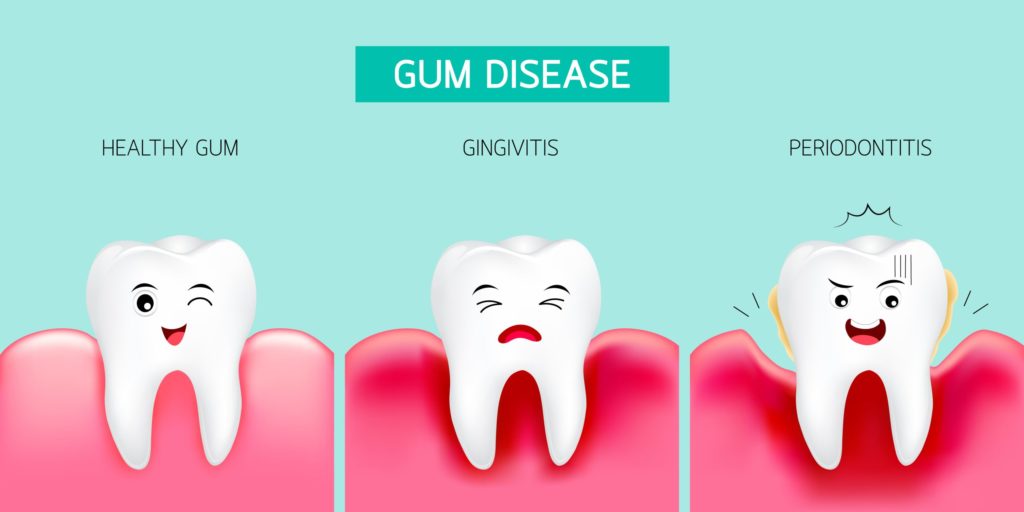
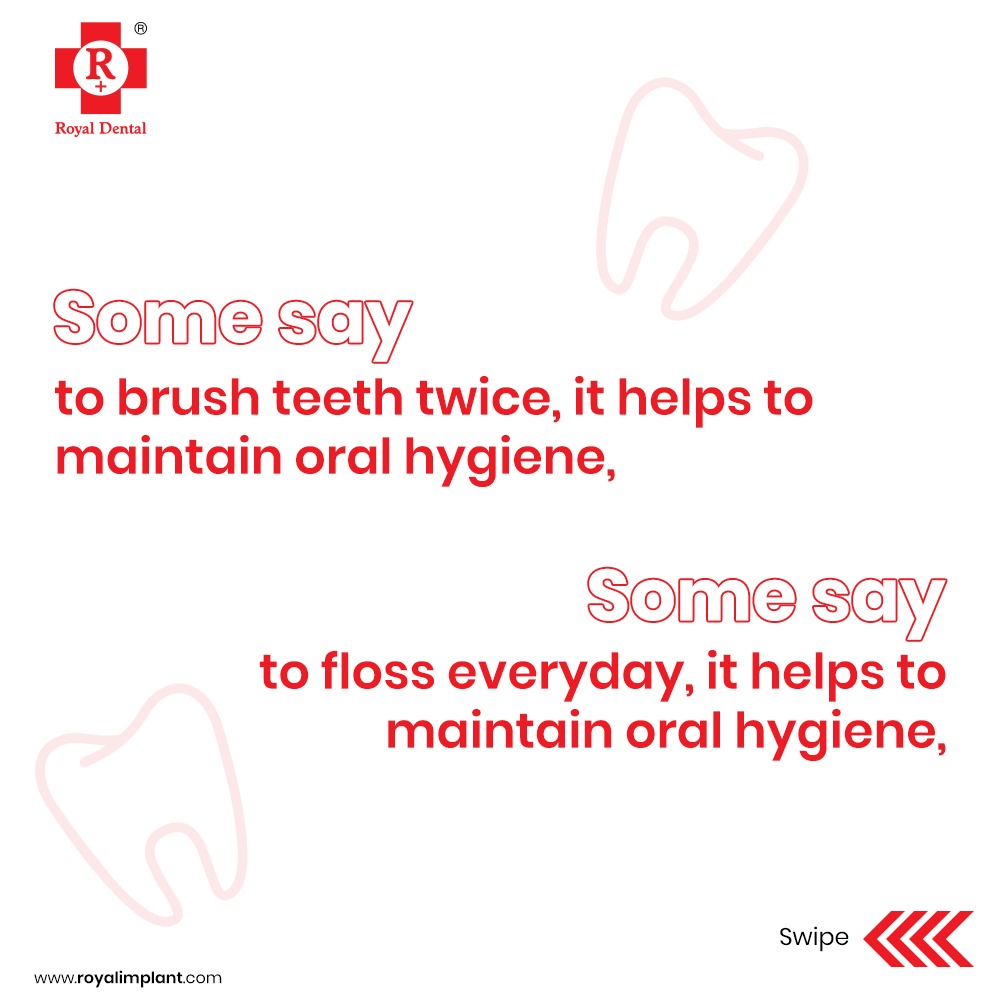
- Infection – A bacterial infection of the gums, which can spread to the jawbone and other parts of the body.
- Fractures– Cracking or breaking of the jawbone caused by the continued pressure of erupting them.
- Oral hygiene – Poor oral hygiene is an often overlooked risk associated with them.
Treatment options
Observation – Observation is the least invasive way to treat impacted wisdom teeth. This is when your dentist or oral health professional decides not to do anything about your impacted teeth. They will continue to monitor the teeth, and if they change in any way, the decision to do something about them may be reconsidered.
Extraction – If your wisdom teeth are causing you pain or struggling to emerge, your oral health professional may recommend that they be removed. The American Dental Association (ADA) recommends that people with healthy teeth and gums wait until they are 25 years old to have it removed. Many different types of extractions can be used to remove impacted wisdom teeth, including surgical incisions and Oral Boards.
Alternatives for wisdom teeth removal
Laser molar removal – This is an alternative to traditional surgery that uses lasers to remove tissue.
Extraction without surgery – An oral surgeon can remove impacted wisdom teeth without surgery. This is called an open extraction.
Risks associated with alternative treatments – The same risks associated with surgical extraction also apply to alternative treatments, including infection and bleeding.
Conclusion
Molar teeth are the last teeth to grow in, and they often come in when we are in our teens and early twenties. Some people have issues with their wisdom teeth, while others don’t have any problems with them at all. People who have trouble with them may have to have them removed. It is important to keep your mouth clean and healthy, so that teeth and gums stay strong and healthy, even if you don’t have them.

